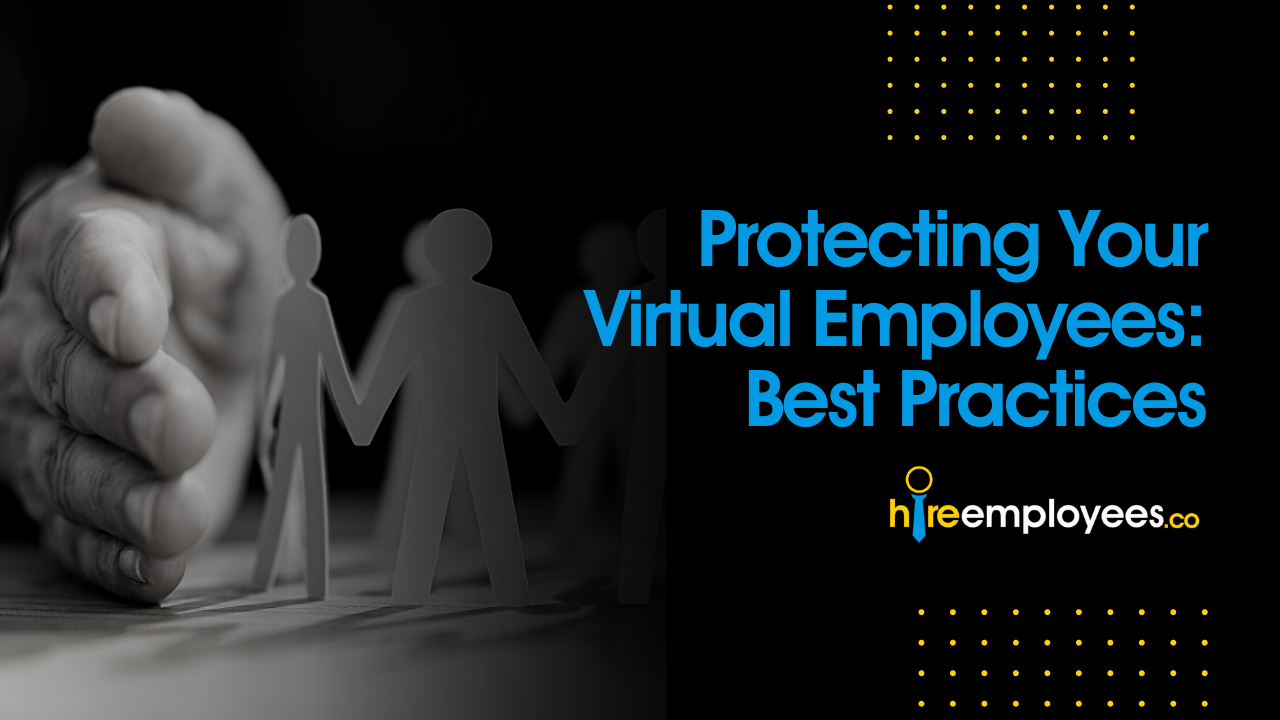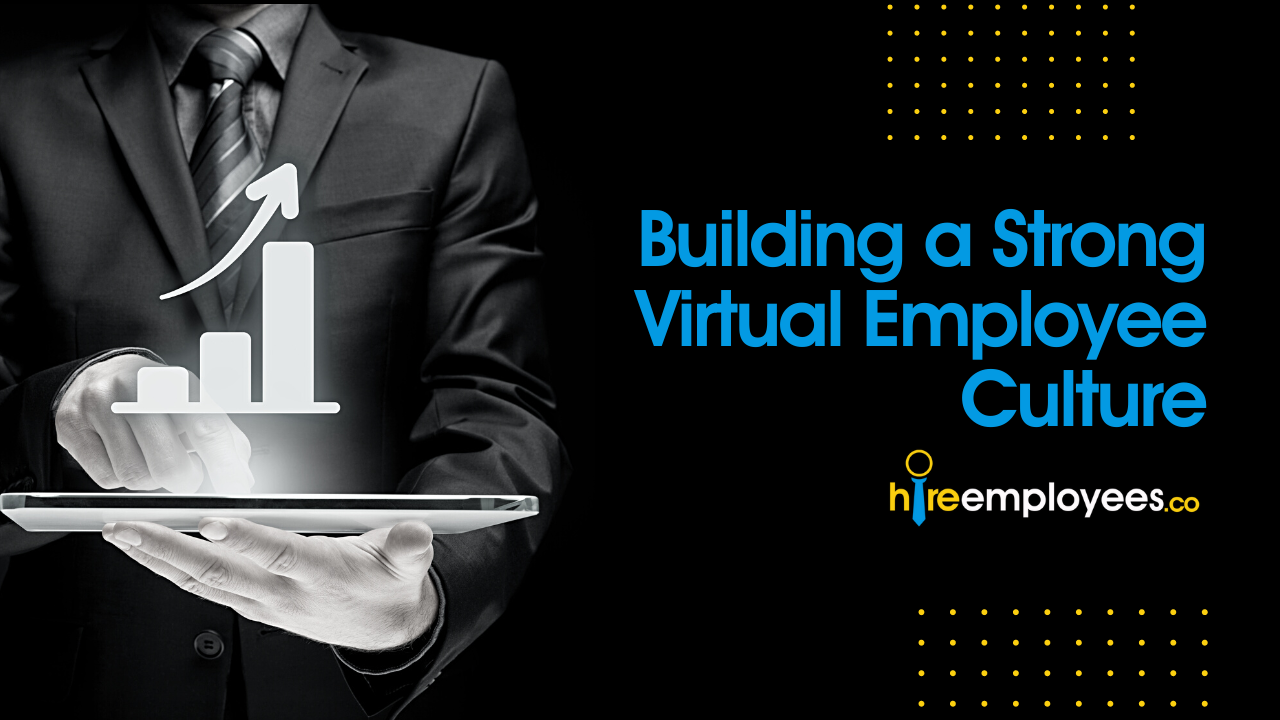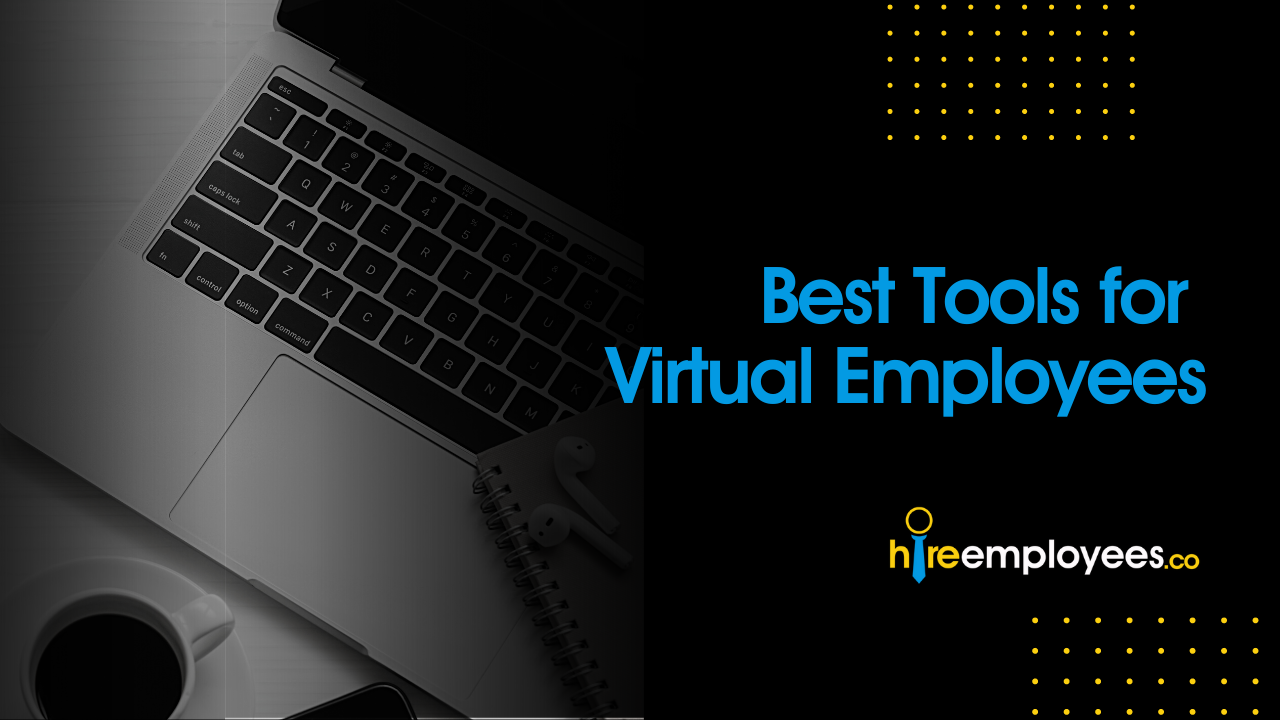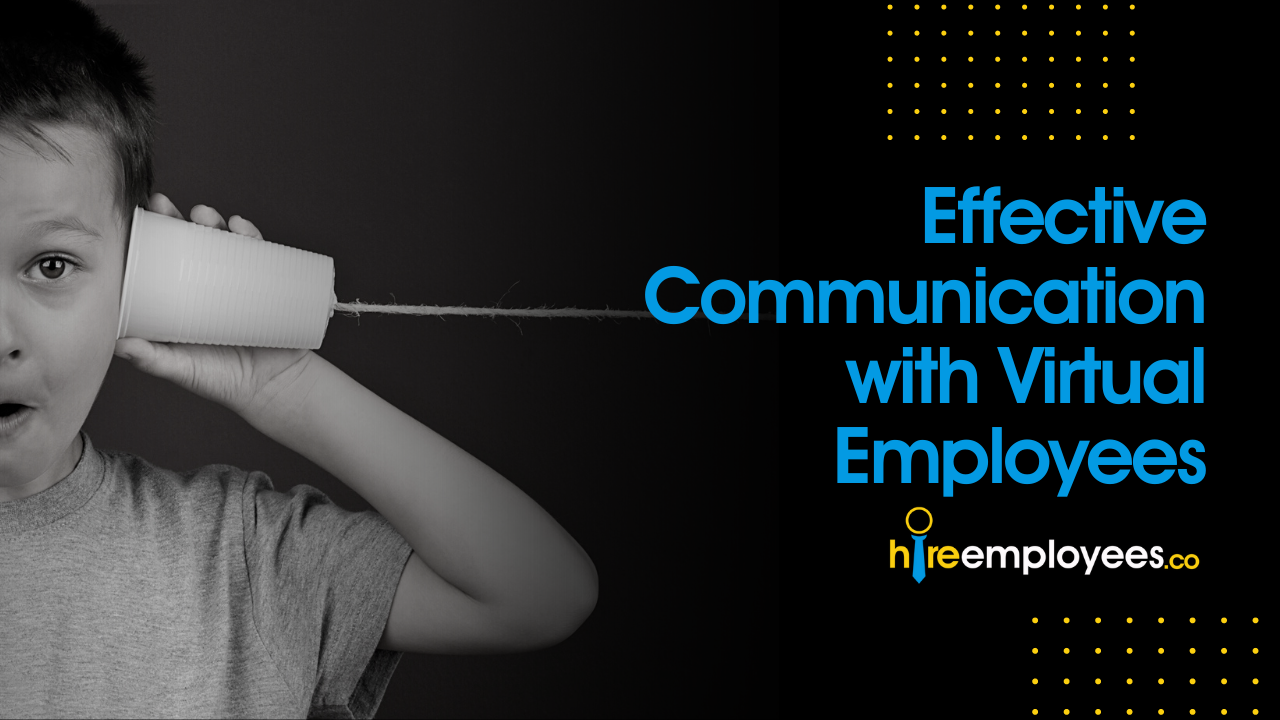
With the rise of remote work and the increase in virtual employees, it is important to take the necessary precautions to protect them from online threats. This article is designed to equip virtual employees with the knowledge and resources they need to keep their work environment safe and secure.
Introduction
In recent years, the trend of remote work has grown exponentially. The pandemic further accelerated the growth of remote work as businesses were forced to shift their operations to the online space. As a result, the number of virtual employees has increased, which has led to an increase in online threats. Cybercriminals are taking advantage of the situation, and virtual employees are becoming more vulnerable to online attacks. Therefore, it is crucial to ensure that virtual employees are equipped with the necessary tools and knowledge to keep their work environment safe and secure.
Importance of Virtual Employee Safety
Virtual employee safety is crucial for both the employer and the employee. From the employer's perspective, a data breach or cyberattack can lead to loss of business, damage to the company's reputation, and significant financial losses. For virtual employees, a security breach can result in the loss of personal and sensitive data, loss of income, and emotional distress. Therefore, it is in everyone's best interest to prioritize virtual employee safety.
Tips for Virtual Employee Safety
To ensure virtual employee safety, there are several steps that employees and employers can take:
3.1 Use Strong Passwords: Passwords are the first line of defense against cyberattacks. It is essential to use strong and unique passwords that are difficult to guess. Virtual employees should also change their passwords frequently and avoid using the same password for multiple accounts.
3.2 Keep Software and Applications Updated: Hackers exploit vulnerabilities in outdated software and applications to gain access to sensitive data. Therefore, it is crucial to keep all software and applications up to date with the latest security patches.
3.3 Use Two-Factor Authentication: Two-factor authentication is an extra layer of security that requires a user to provide a second form of identification to access their account. Virtual employees should enable two-factor authentication whenever possible to protect their accounts.
3.4 Use a Virtual Private Network (VPN): A VPN encrypts the internet connection and provides a secure connection between the employee and the company's network. It protects the virtual employee's data from potential hackers or cybercriminals.
3.5 Be Careful with Emails: Virtual employees should be cautious when receiving emails from unknown sources or with suspicious content. They should avoid clicking on links or downloading attachments from untrusted sources.
Best Practices for Virtual Employee Safety
In addition to the above tips, there are several best practices that virtual employees can follow to ensure their safety:
4.1 Educate Employees: Employers should educate virtual employees about online safety and provide them with the necessary resources to keep their work environment secure. They should also provide regular training and updates on cybersecurity best practices.
4.2 Limit Access to Sensitive Data: Virtual employees should only have access to the data that they need to perform their job. Employers should limit access to sensitive data and ensure that all data is encrypted and stored securely.
4.3 Back Up Data Regularly: Virtual employees should back up their data regularly to ensure that they can recover their data in the event of a security breach or data loss.
4.4 Use Antivirus Software: Antivirus software is a crucial tool in protecting against online threats. Virtual employees should install and regularly update antivirus software to protect their devices from potential threats.
4.5 Stay Up to Date with Online Threats: Virtual employees should stay informed about the latest online threats and be aware of the latest scams and tactics used by cyber criminals. Employers should also provide regular updates on the latest cybersecurity threats and how to avoid them.
Conclusion
In conclusion, virtual employee safety is crucial in today's online work environment. Employers and virtual employees should take the necessary steps to protect their data and ensure a safe work environment. By following the tips and best practices outlined in this article, virtual employees can help to minimize the risk of cyberattacks and ensure their safety and security. It is essential for virtual employees to remain vigilant and to stay informed about the latest online threats to keep their work environment safe and secure.
FAQs:
What is a virtual employee?
A virtual employee is a person who works remotely or from home, typically using online tools to communicate with their colleagues and access work-related data.
Why is virtual employee safety important?
Virtual employee safety is important because cybercriminals are increasingly targeting remote workers, putting sensitive data at risk. Ensuring virtual employee safety can help to minimize the risk of data breaches, financial loss, and reputational damage.
What is two-factor authentication?
Two-factor authentication is an extra layer of security that requires a user to provide a second form of identification, such as a code sent to their phone, in addition to their password, to access their account.
What is a VPN?
A VPN is a virtual private network that provides a secure connection between the user and the company's network. It encrypts the internet connection, protecting the user's data from potential hackers or cybercriminals.
How often should virtual employees update their passwords?
Virtual employees should update their passwords frequently, ideally every three months, and avoid using the same password for multiple accounts to minimize the risk of a security breach.
























































